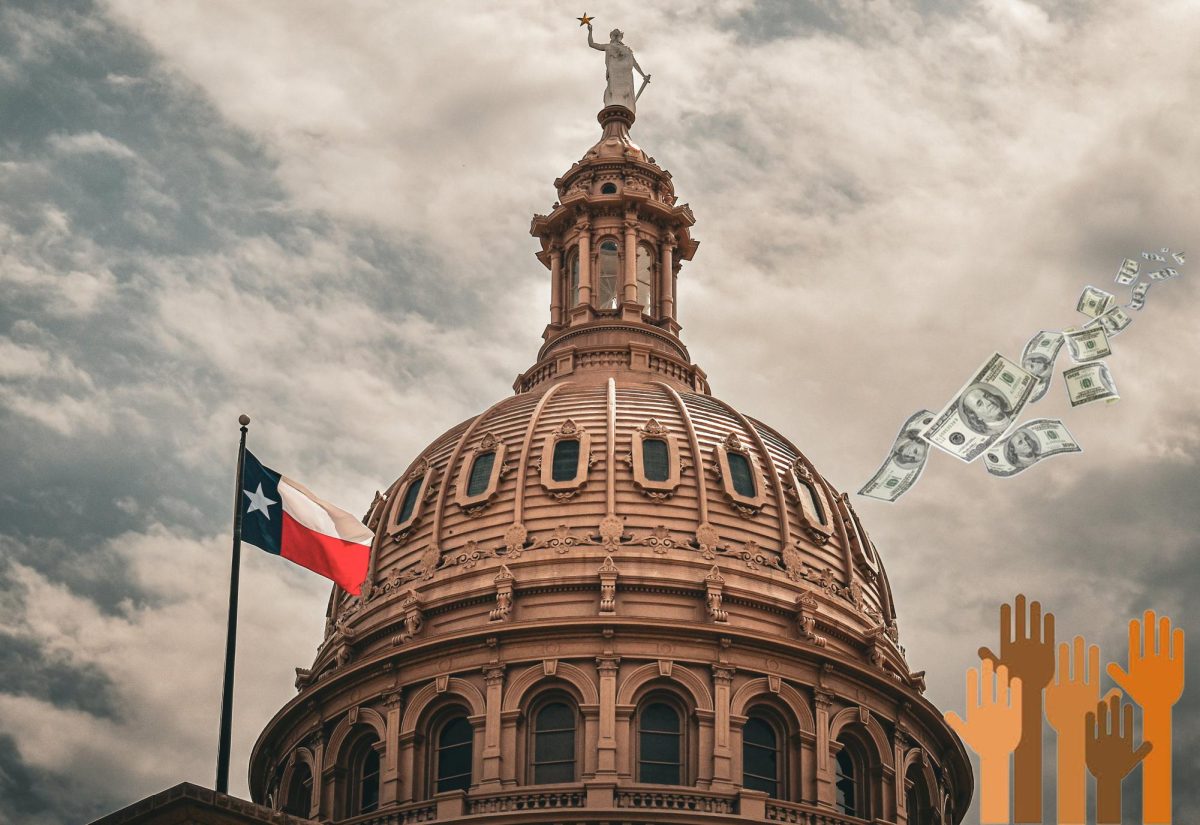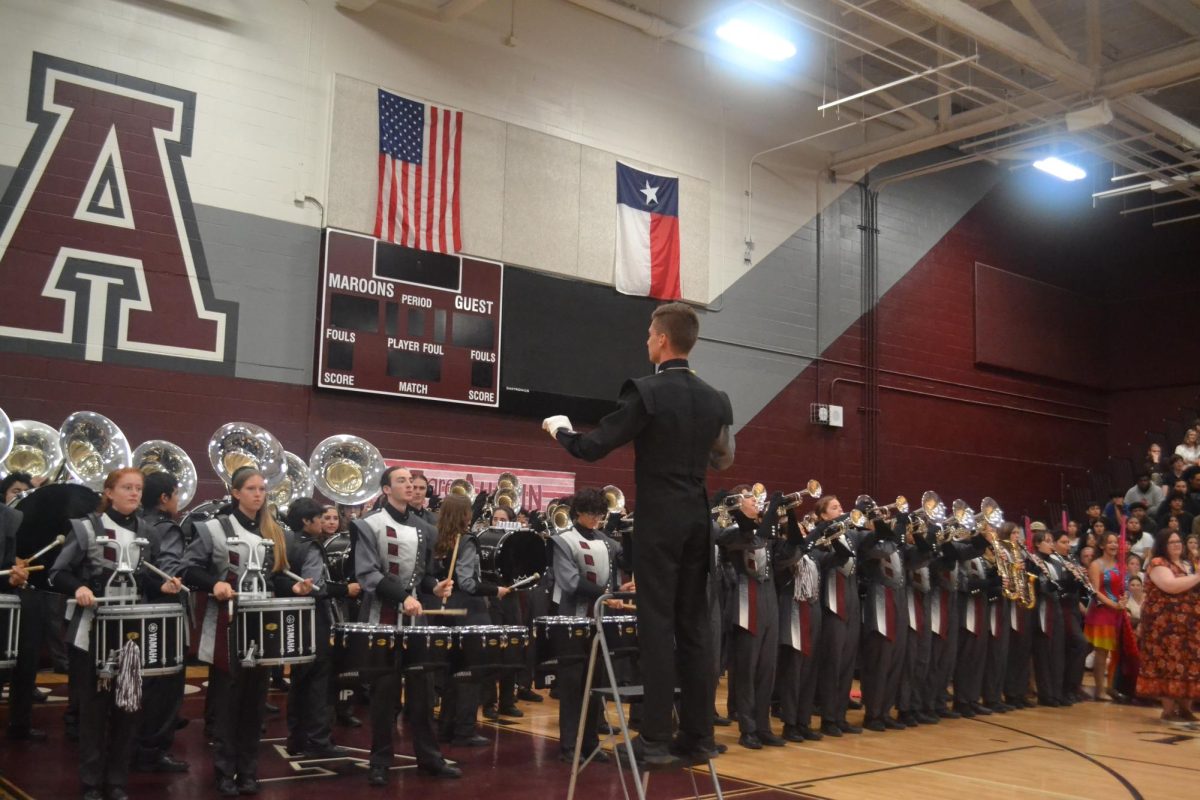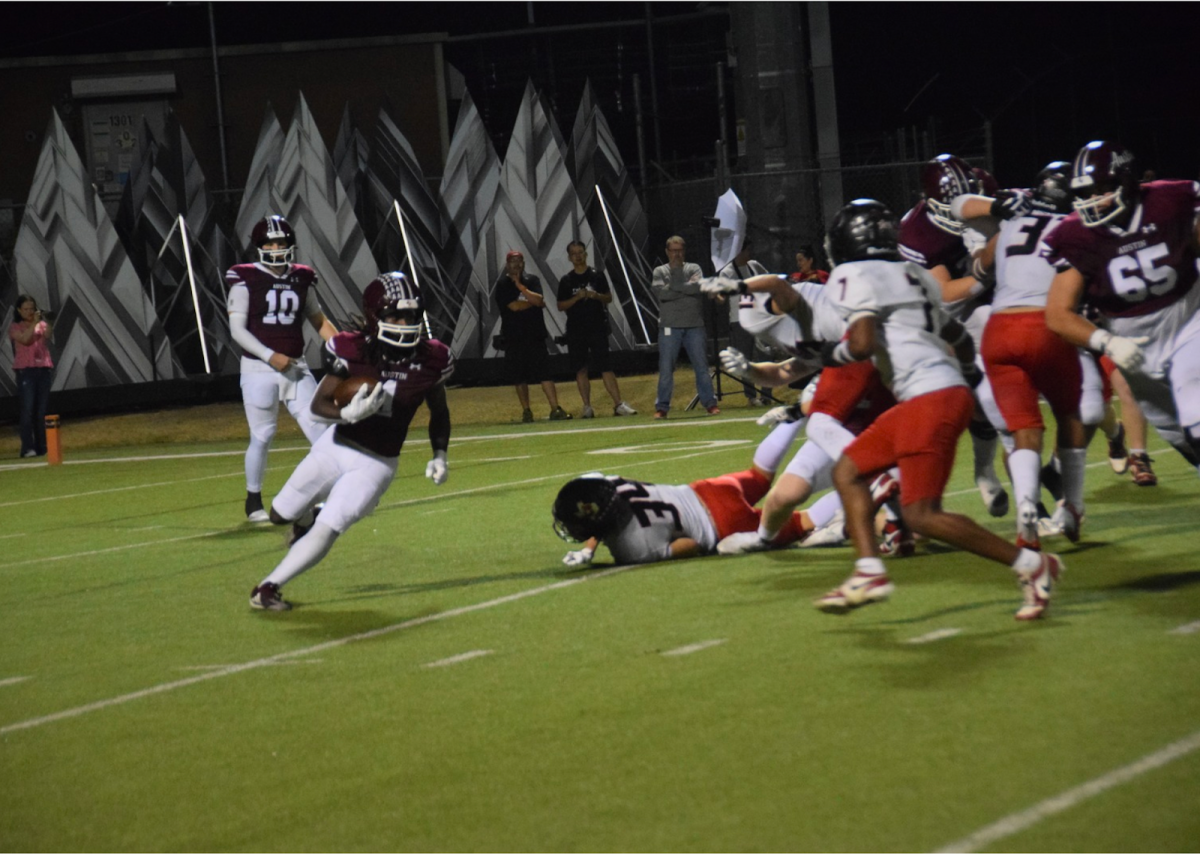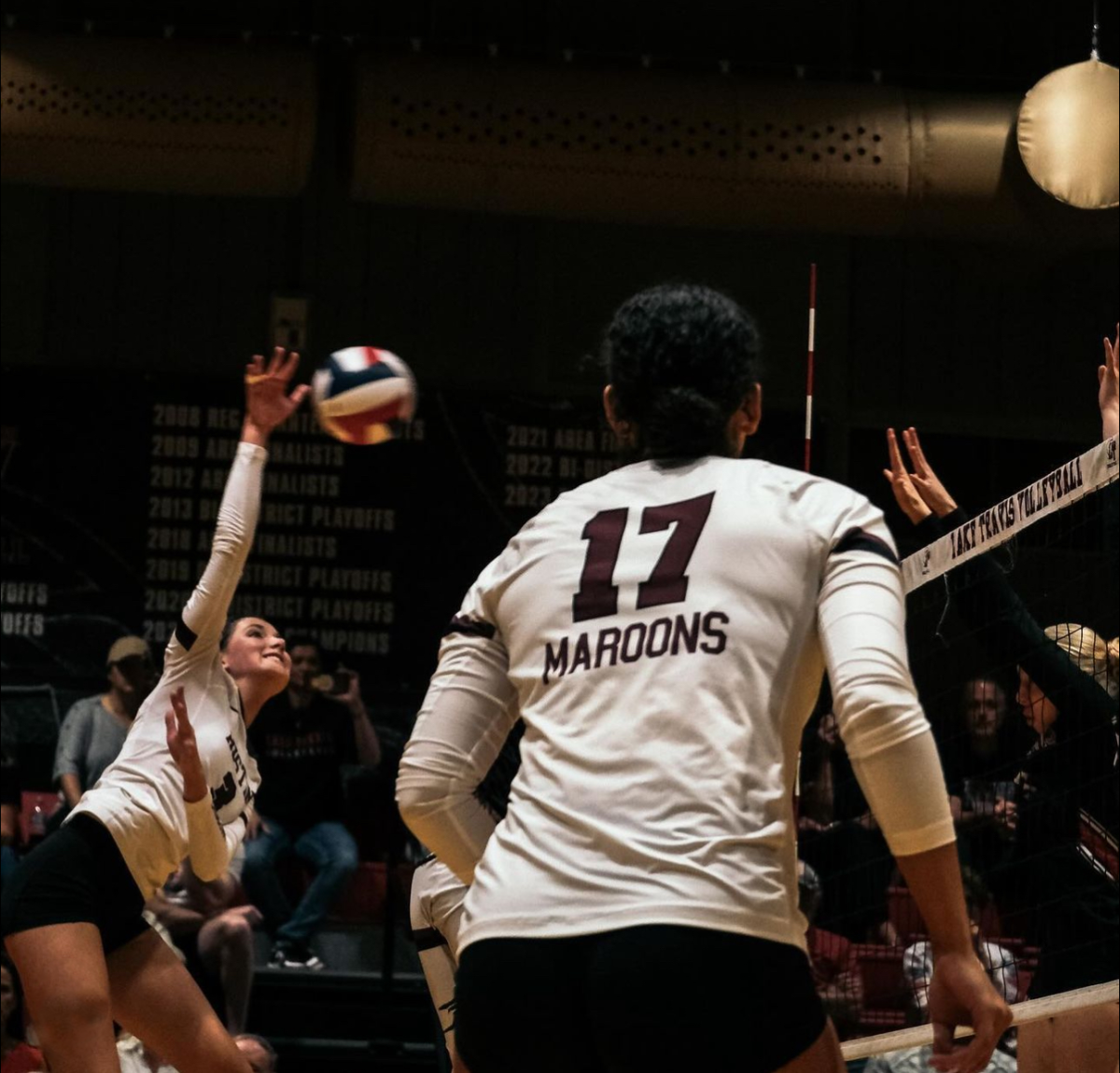What are school vouchers?
School vouchers are programs made to benefit parents who have students enrolled in public schools. They divert funding from public schools to private vendors in an effort to cover the costs of alternative schooling. Either way, that doesn’t stop the Texas government from saying, “my way or the highway”. The programs are intended to drive improvements and benefits in public schools’ academic performance.
Governor Greg Abbott called for a lawmaking session in October to focus on school vouchers and other similar programs that would give money to family states to pay for private schools. On Thursday, they passed the school voucher bill and decided $500 million would be set aside for it. Students that qualify would get $8,000 per year for education costs such as uniforms, private school tuition, or textbooks. Students in public schools, private schools, and kindergartens can qualify, and the money would be put into accredited vendors.
Taxpayers and school vouchers
The school vouchers save the state’s taxpayers money. On top of that, vouchers help educate more kids than our current public school system can do. Senate Bill 2, passed in 2023 for school vouchers and authorized by Sen. Brandon Creighton (R-Conroe), is aimed at creating education savings accounts. A voucher program would allow families access to $8,000 of taxpayer money to pay for private schools and more educational expenses.
Senate Bill 2 would also infuse a whopping $5.2 billion into school districts to help the teachers raise their rising costs. The money being given is intentionally used to pay for the “day-to-day” operations used in the school district, which can be helpful to increase the average teacher’s salary, including a one-time pay bonus. It all falls down to how many students are in a district alone. A district with less than 5,000 students can receive a raise of $10,000, while other districts with more than 5,000 students can only receive a raise of $3,000.
Students who are homeschooled will also receive funds from school vouchers to pay for private school tuition and school supplies.
Opposition to school vouchers
Many people are opposed to school vouchers because they would take public funds for private enterprises instead of public funding for public schools and teachers. Also, of Texas’s 1200 school districts, 730 are in rural Republican areas, are considered non-metropolitan, are the biggest area of need for employers, and have never been supported by the bill. It would just be a tax bonus for existing private school families and a tax bailout for failing private schools because it would take public funding from public schools. School vouchers are not applicable for special education students as they don’t cover the needed resources for their education.
School vouchers allow people to put the money that would go to a public school education into private enterprises. Its goal was to cover student costs for private schooling and improve academic performances, but it has many cons with covering the costs for students and the potential of private schools not accepting students because of their special needs, and it just seems to be just a tax bonus for these private schools.















